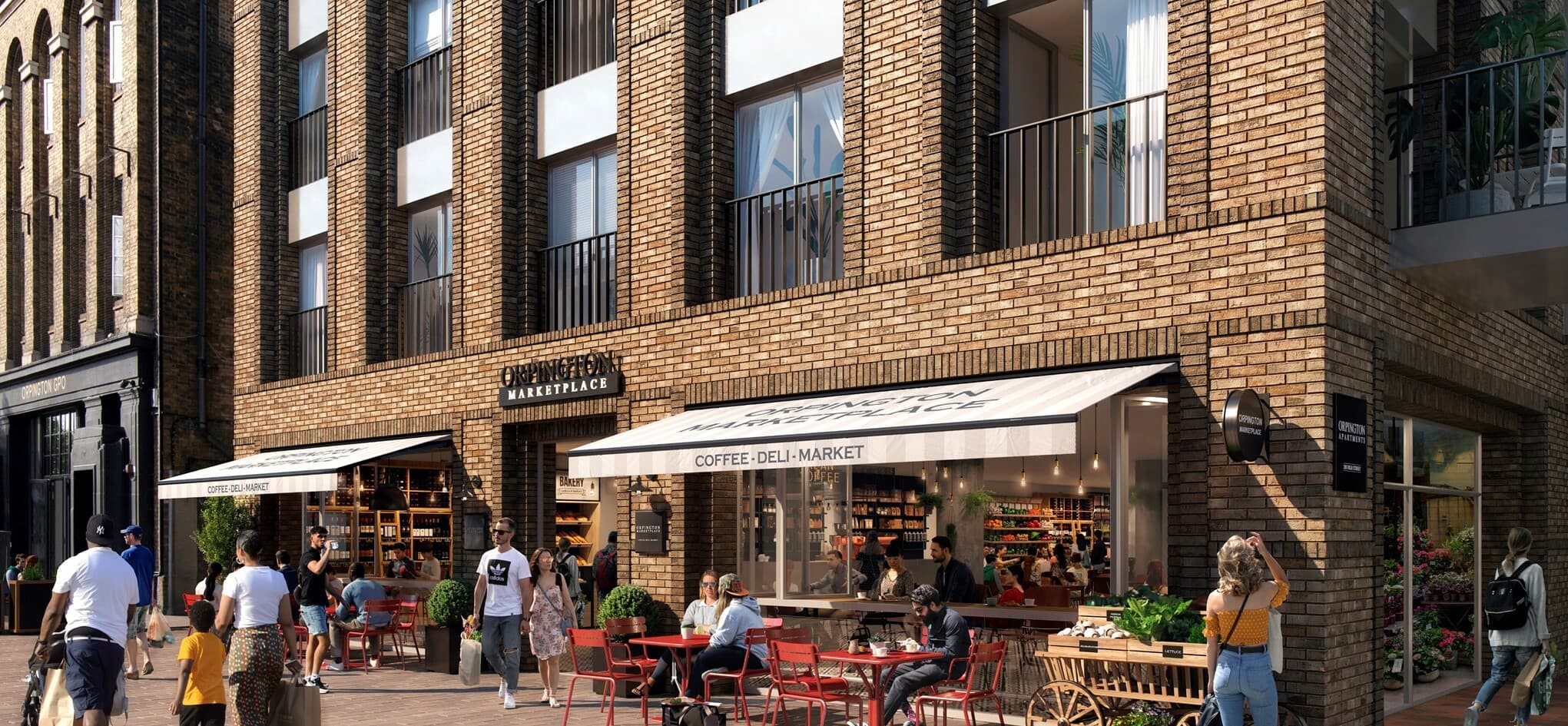Chancellor of the exchequer, Jeremy Hunt, has unveiled new support measures which he said will be worth £13.6 billion in total, along with tens of billions in tax rises and spending cuts.
With the Office for Budget Responsibility (OBR) judging the UK to be in recession, meaning the economy has slowed for two quarters in a row, and warning that the disposable incomes of UK households would fall by 7.1% over the next two years, the chancellor made his autumn statement in the commons on Thursday (17th November).
The 50% relief provided to businesses under the 2022/23 Retail, Hospitality, and Leisure Business Rates Relief Scheme - due to end in March 2023 - will now be increased to 75% for 2023/24.
Orpington 1st is pleased that government has listened to BIDs on this issue, and the news on business rates will indeed come as a relief to many who feared a sudden doubling of rates payable - but more must be done to fix this antiquated, unfair tax system. A planned tax on online sales was shelved due to "complexity".
Overall, it's a challenging picture. The OBR has forecast that the next two years will see the biggest fall in household incomes in generations, with the size of the economy predicted to shrink by 1.4% in 2023. UK's inflation rate is predicted to be 9.1% this year and 7.4% next year, with unemployment expected to rise from 3.6% to 4.9% in 2024.
On Business Rates it was announced that:
- The relief for retail, hospitality, and leisure will increase to 75% (after other reliefs) up to £110k per business
- Revaluation will proceed in 2023
- Transitional relief will provide support for business whose rates bills rise
- Multipliers will be frozen for 2023/24
Other key points from today’s statement include:
- Corporation Tax up 5% to 25% on profits over £250k
- Top 45% additional rate of income tax will be paid on earnings over £125,140, instead of £150,000
- Income tax personal allowance and higher rate thresholds to be frozen for a further two years, until April 2028
- Main National Insurance and inheritance tax thresholds will also be frozen for further two years, until April 2028
- Legally-enforceable minimum wage for people aged over 23 is to increase from £9.50 to £10.42 an hour from next April
- Tax-free allowances for dividend and capital gains tax due to be cut next year and in 2024
- Cuts to stamp duty previously announced by Kwasi Kwarteng will be phased out from March 2025.
- Local councils in England will be able to raise council tax up to 5% a year without a local vote, instead of 3%
- State pension payments and means-tested and disability benefits to increase by 10.1%, in line with inflation.
On energy:
- Windfall tax on profits of oil and gas firms increased from 25% to 35% and extended until March 2028
- Household energy price cap extended for one year beyond April but typical bills will be capped at £3,000 a year instead of £2,500
- Households on means-tested benefits will get £900 support payments next year
- £300 payments will go to pensioner households, and £150 for individuals on disability benefit
More details on energy are expected soon. Businesses were guaranteed 6 months support in the Energy Bill Relief Scheme for Business, with savings appearing in November's bills - backdated to October. The government said only that support beyond March 2023 would be "targeted to those most affected".
Growth of 1.3%, 2.6%, and 2.7% is predicted for 2024, 2025 and 2026 respectively, with government giving itself five years to hit debt and spending targets, instead of three years. National debt is on track to be £400bn higher than forecast in March and the UK faces its biggest drop in living standards on record.
Download the OBR Economic & Fiscal Outlook HERE


